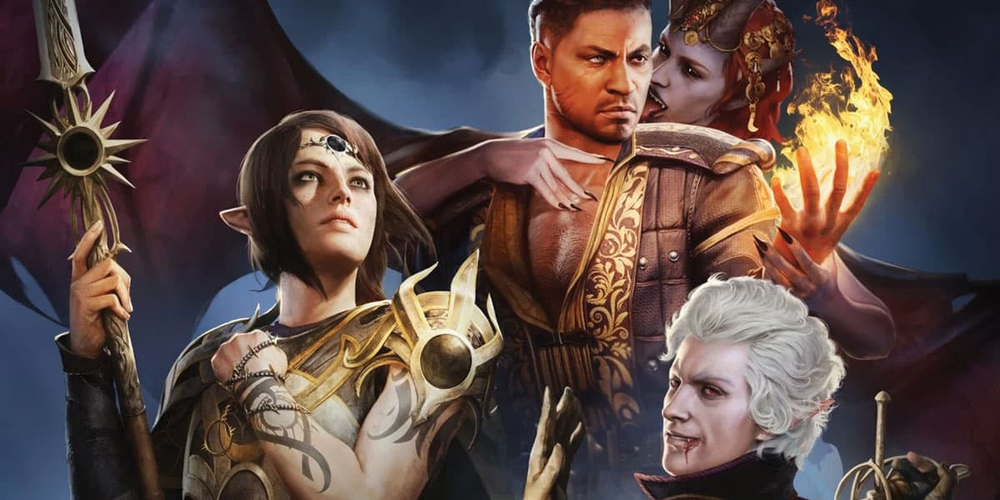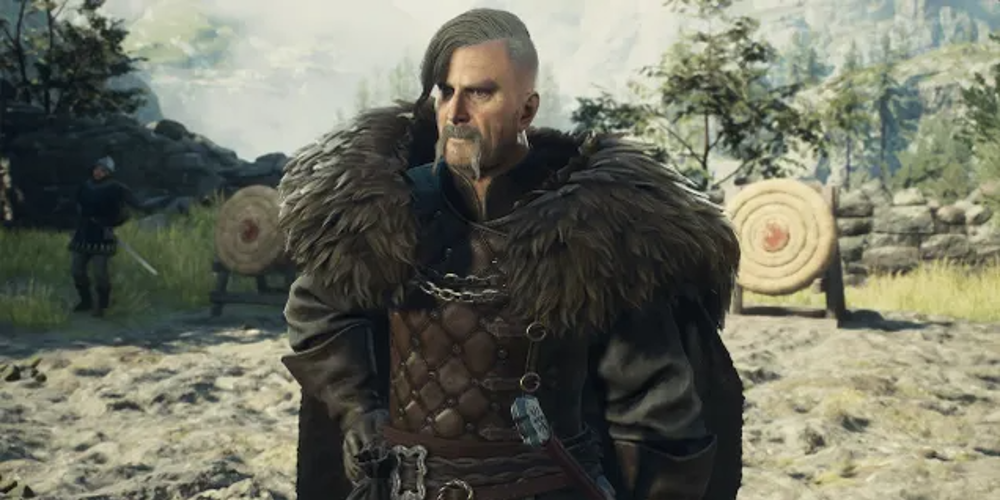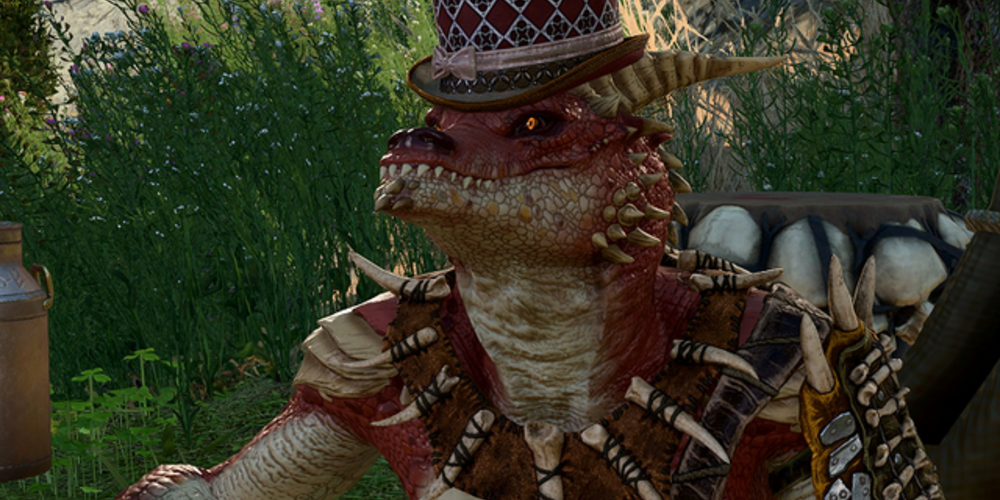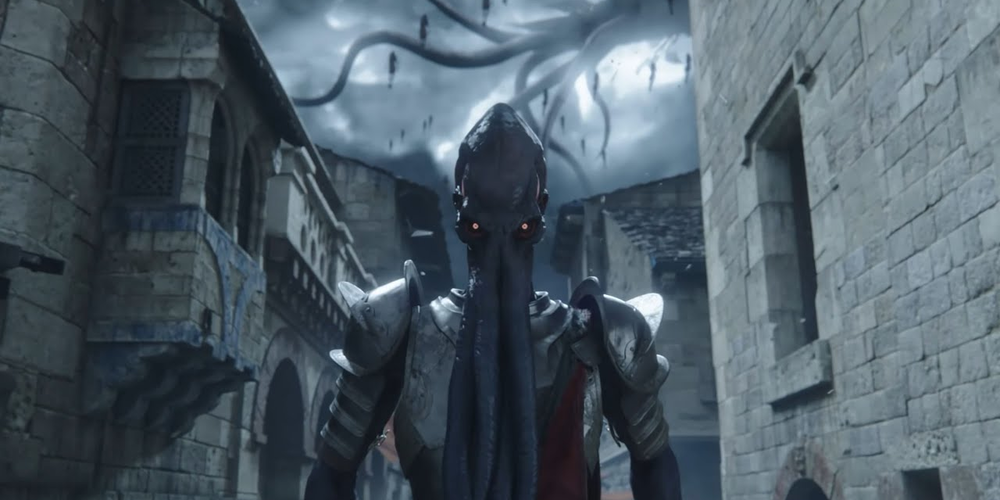Baldur's Gate 3 & Helldivers 2 Are Saving Modern Gaming As We Know It
Apr-01-2024

In the contemporary gaming landscape, where microtransactions and unfinished games seem to be the norm, titles like Baldur’s Gate 3 and Helldivers 2 emerge as beacons of hope. These games have shown that a commitment to quality and a respect for the player's experience can still lead to success. With AAA game production costs on the rise, the industry faces significant challenges. Yet, the success stories of these titles are an important reminder: the path to profitability doesn't have to compromise the integrity of the gaming experience.
Predatory Microtransactions Have Been Around For Decades
The topic of microtransactions is not new, tracing back to the early 2000s with platforms like Second Life. What began as an innovative way to enhance the gaming experience quickly spiraled into a controversial issue, leading to federal investigations and a reevaluation of in-game economies. Today, microtransactions remain a contentious issue, with games like Dragon’s Dogma 2 facing criticism for their implementation. These examples highlight a growing disconnect between game publishers' profit motives and the players' desire for a fair, enjoyable gaming experience.
Dragon’s Dogma 2 and Its Microtransaction Controversy


Dragon’s Dogma 2 has recently come under fire for its handling of microtransactions, surprising players with hidden costs post-launch. This approach not only damages the relationship between publishers and the gaming community but also undermines the trust that is crucial for the long-term success of any title. The outrage over DD2's monetization strategies showcases a broader industry trend: a shift towards transparency and fairness is not just demanded but expected by today's gaming audience.
Helldivers 2: A Model of Responsible Monetization
In contrast to DD2, Helldivers 2 presents a more player-friendly approach to in-game purchases. The game demonstrates that it is possible to include microtransactions in a way that does not detract from the overall experience. By offering players the ability to earn premium currency through gameplay, Helldivers 2 respects the player's time and investment. This approach not only fosters a more positive community but also strengthens the game's reputation in a crowded market.
Bloated Budgets & Self-Imposed Deadlines Make Problems Worse
The gaming industry's reliance on enormous budgets and tight deadlines has exacerbated many of the challenges faced by developers and publishers. High-profile titles often struggle to recoup their investments, leading to a cycle of layoffs and studio closures. This unsustainable model not only harms the individuals involved but also stifles innovation and creativity. Games like Baldur’s Gate 3 offer a glimpse into a different approach, prioritizing quality and player experience over short-term gains.
The Cynical Reality of Modern Game Development

While it's understandable that not every game can launch without issues, the trend of releasing unfinished products with the promise of future fixes is troubling. This practice not only frustrates players but also raises questions about the priorities of game publishers. The situation with DD2's performance issues is a prime example of this dilemma, highlighting the need for a shift towards more ethical game development practices.
Baulder’s Gate 3 & Helldivers 2 Prove Publishers Like Capcom Have No Excuse
The recent controversies surrounding games like DD2 and others serve as a reminder of the potential pitfalls of modern game development. However, the success of Baldur’s Gate 3 and Helldivers 2 proves that there is another way. These games illustrate the importance of focusing on quality and respecting the player's experience. Publishers like Capcom, with their history of success, have no excuse for not adhering to these principles.
Capcom's Record of Success and Recent Stumbles
Capcom's history of producing critically acclaimed titles makes the issues with DD2 all the more disappointing. The company has demonstrated its ability to deliver exceptional gaming experiences, making its recent missteps a puzzling deviation from its usual standards. Nevertheless, Capcom's track record suggests that it is more than capable of addressing these challenges and restoring its reputation among the gaming community.
The Human Cost of Gaming's Business Model

Behind every game are teams of dedicated individuals who invest countless hours into creating something special. It's important to remember that the criticism of games like DD2 is not a reflection of the talent or effort of these teams but rather a critique of the business practices that overshadow their work. The hope is that the industry can find a way to balance profitability with respect for both the creators and the players. Baldur's Gate 3 and Helldivers 2 stand as shining examples of what the gaming industry can achieve when it prioritizes quality and player experience. As the industry continues to evolve, let us hope that more publishers take note of these successes and strive to deliver games that respect their audiences. The future of gaming depends on it.







